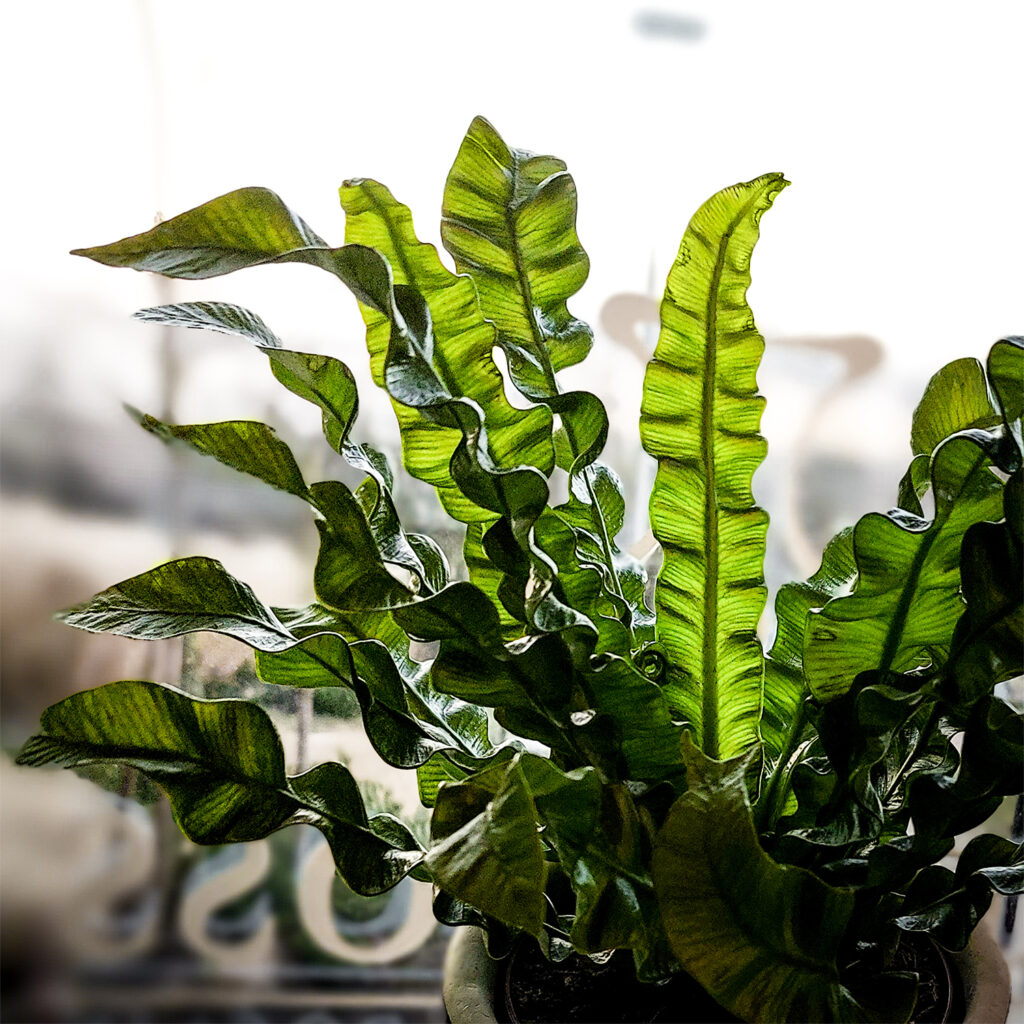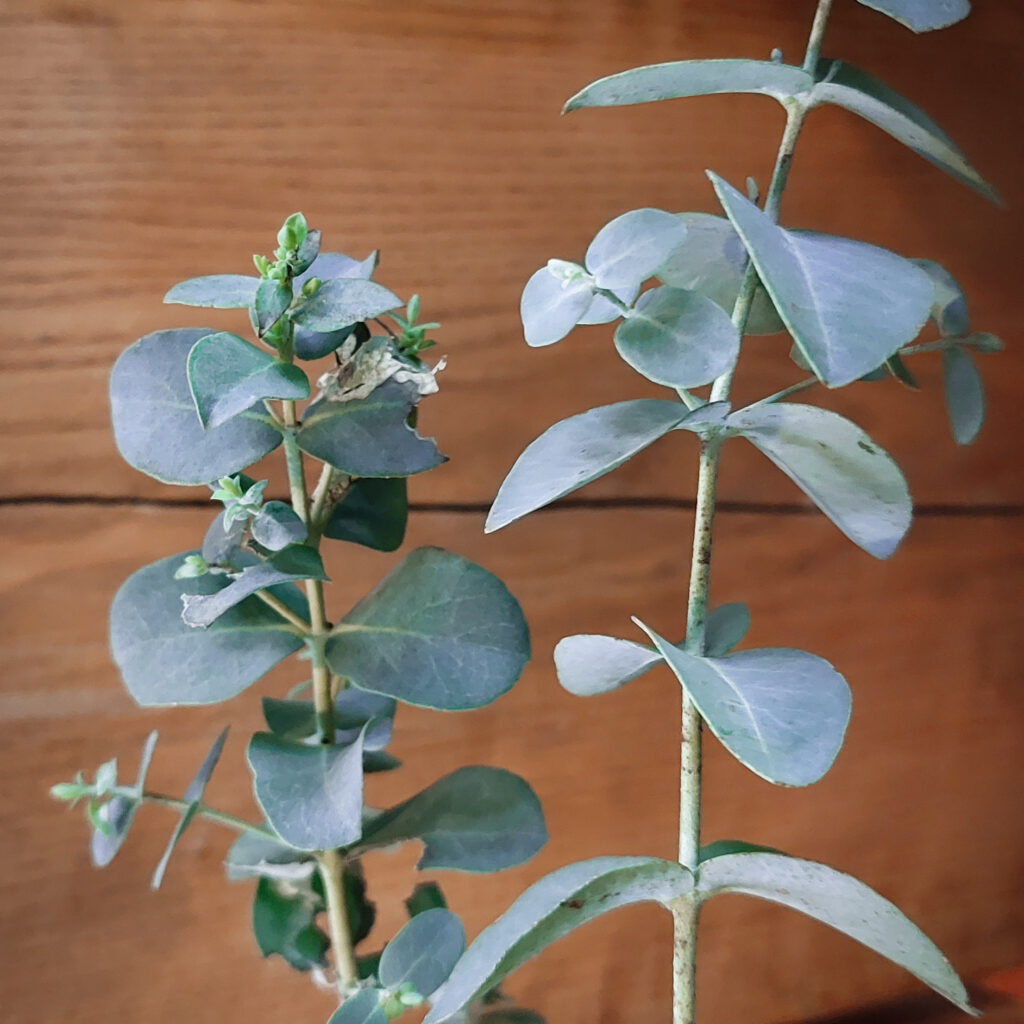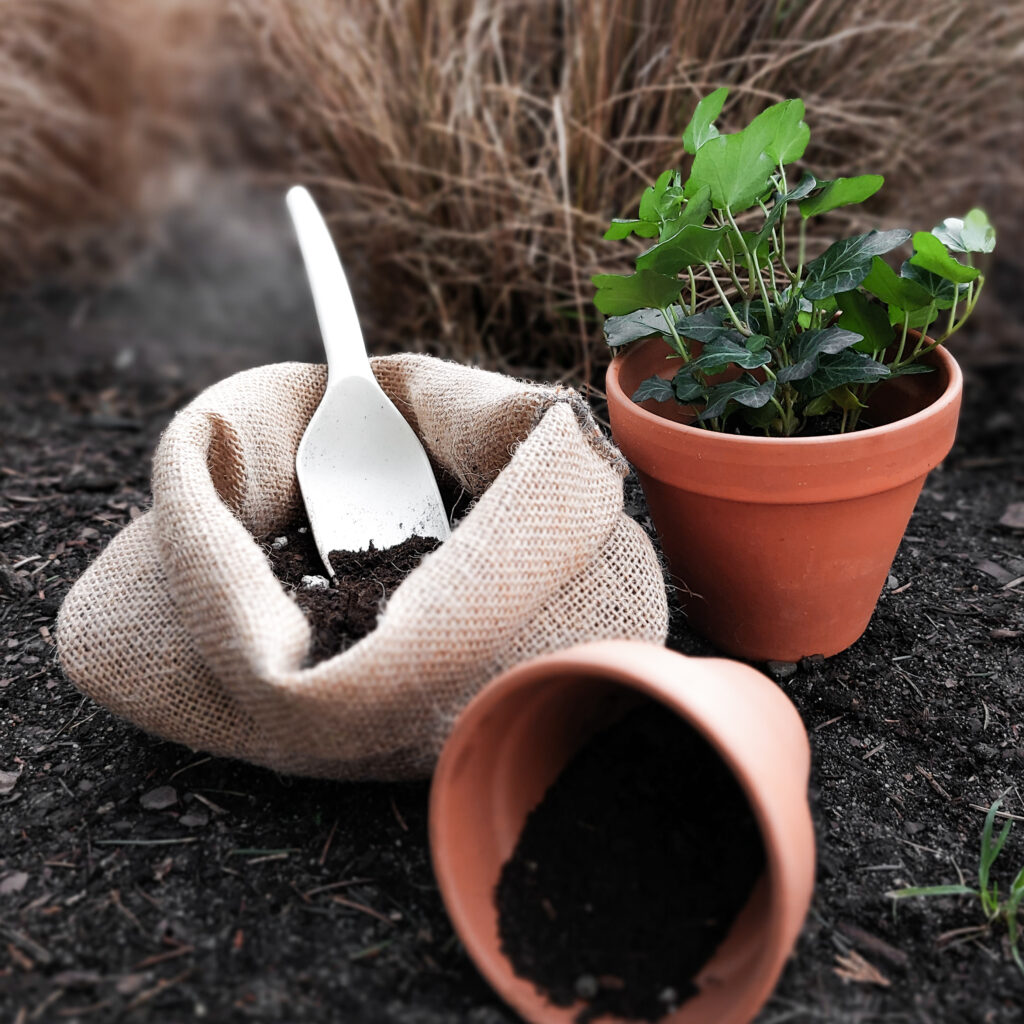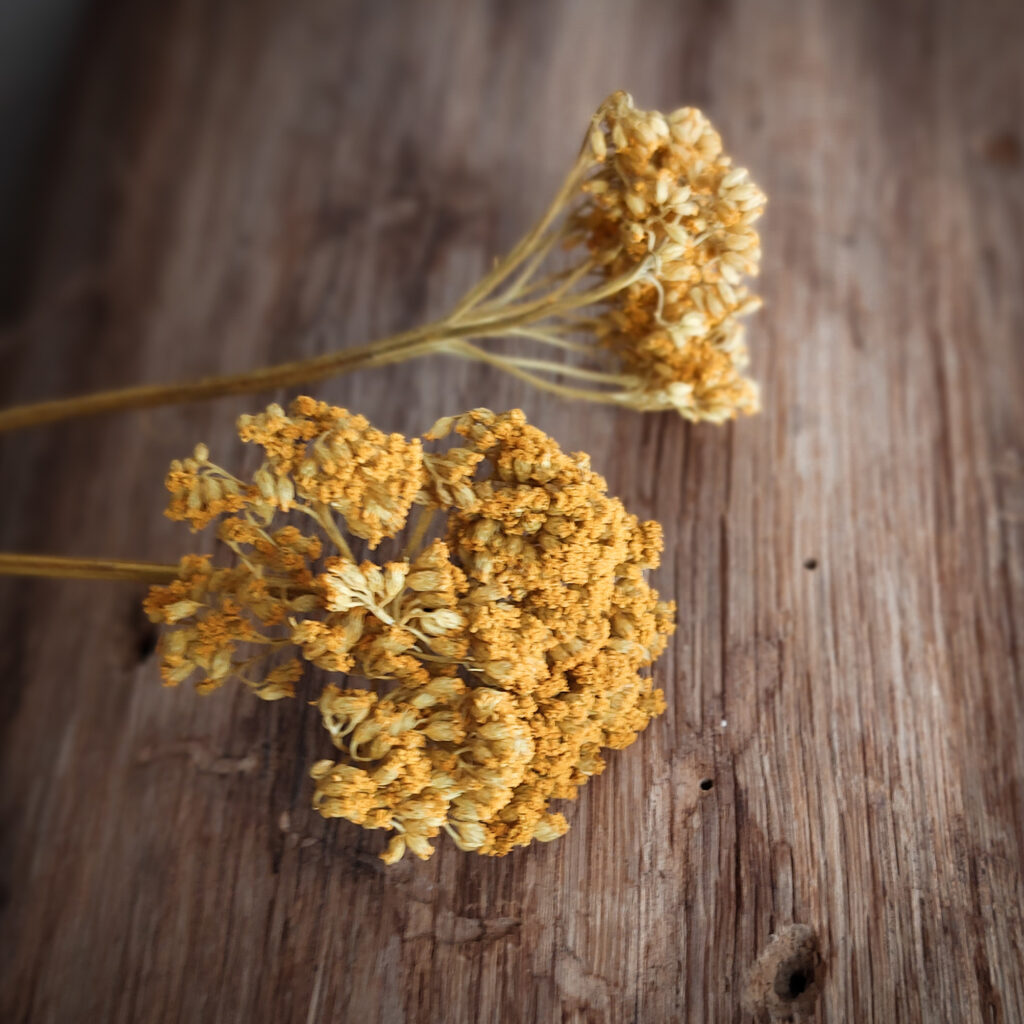Plants to boost your mood, a few words about natural antidepressants
Do plants boost your mood and can they be natural antidepressants?
It has long been known that plants in our homes are not only pretty decorations but, above all, natural air filters. However, not everyone knows that in addition to this, they also act as living antidepressants. They help reduce stress, are effective mood enhancers and are natural antidepressants. Recently, many people have been suffering from mood drops, lowered mood, irritability and lethargy caused by the onset of winter, and this is not improved by the current pandemic situation. For depression or mood-lowering conditions, it is worth turning to plants in addition to pharmaceuticals or psychotherapy.

A few words on research and the impact of plants on the treatment of depression.
There are a number of studies that clearly prove that a person living in a relationship with nature is easier to deal with stress reduction, has a better mood and is more efficient.
The pandemic and its effects now affect everyone, regardless of their material and intellectual status. However, not everyone is able to adapt to the new reality. Although the virus took over our lives only at the beginning of 2020, many scientists have focused their research on plants and the impact of plants on our lives much earlier. Due to the numerous restrictions that modify our lives to an increasing extent, we are unable to fully use the resources of nature and spend time in the bosom of nature without restrictions. Often our life choices, such as those relating to choosing a career path, affect our well-being as much. In the modern world, many people use technology in their daily lives, especially in their professional lives, and this causes a lot of stress. In turn, dealing with stress is difficult and unattainable for many.
Plants for stress?
One study looked at the psychological and physiological benefits of interacting with houseplants. A group of subjects were given tasks related to taking care of plants and tasks to be completed using a computer.
The results directly showed that the subjects felt more comfortable, had a sense of relief after the plant-related task. Interacting with indoor plants reduced stress in the subjects.

Properties and functions of plants in the fight against depression.
- Plants reduce feelings of anxiety and depression.
- Houseplants increase productivity and creativity. Green can enhance creative performance when viewed prior to a creative task. In this case, too, research has proven that people working in a room where plants were present worked more efficiently. More importantly, they had lower blood pressure and felt more focused than people working in the same room without plants.
- They filter the air, i.e. they improve the quality at home by cleaning it of harmful elements.
- Potted plants create a kind of substitute for nature and bring us closer to it. Just caring for indoor plants reminds us of our relationship with nature. Activities such as working with the soil, trimming leaves, smelling or just touching, i.e. active interaction with plants can give effects comparable to spending time in the forest, while relaxing and reducing stress! Faithful believers in the relationship between man and nature are the Japanese.

- It may not be obvious, but plants improve memory and concentration. Spending time with plants can increase memory by more than 15 percent.
- Natural herbs give excellent results as stress relievers.

- Potted plants have a calming and soothing effect. They can help you focus on preserving memory related to a specific task.
- Plants that contain natural essential oils (e.g. rose, jasmine, geranium) significantly help to reduce stress.




